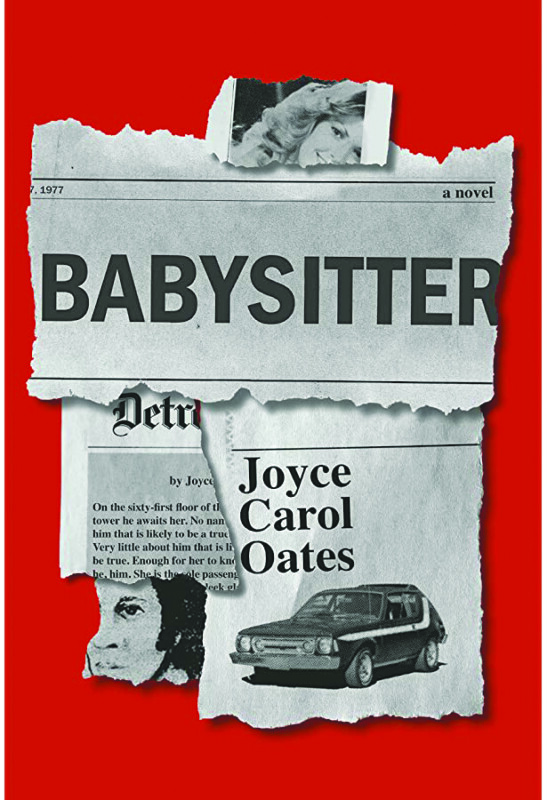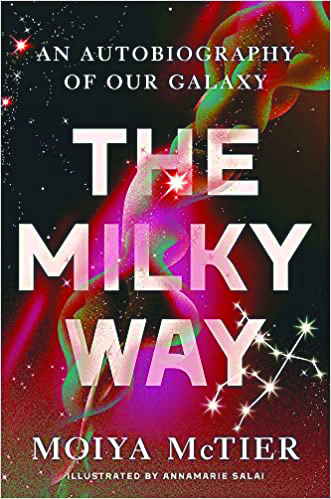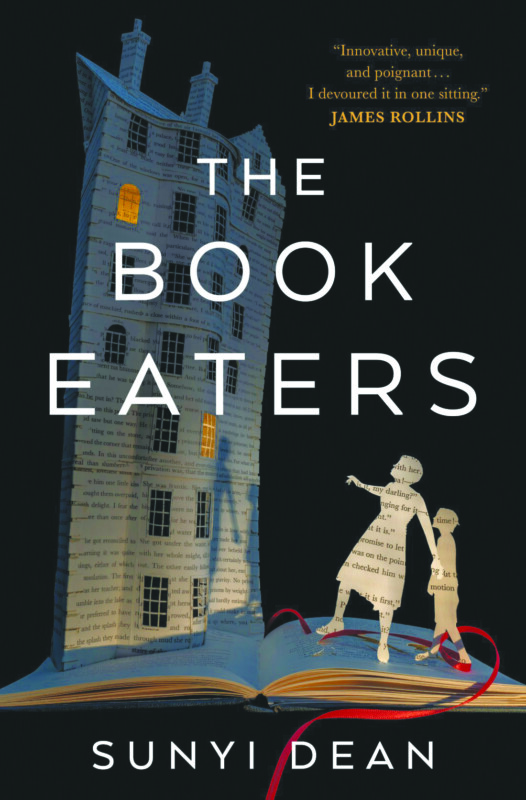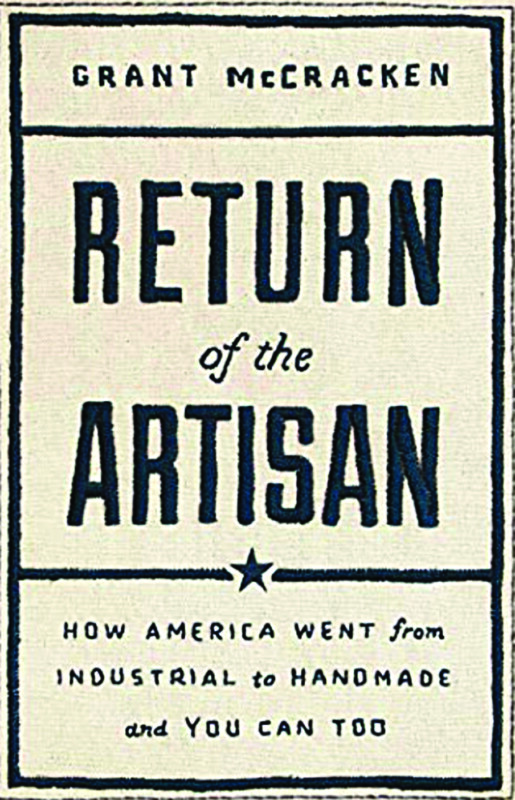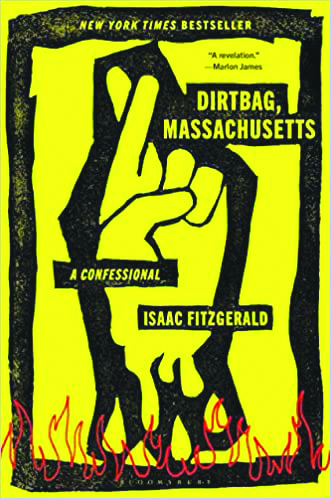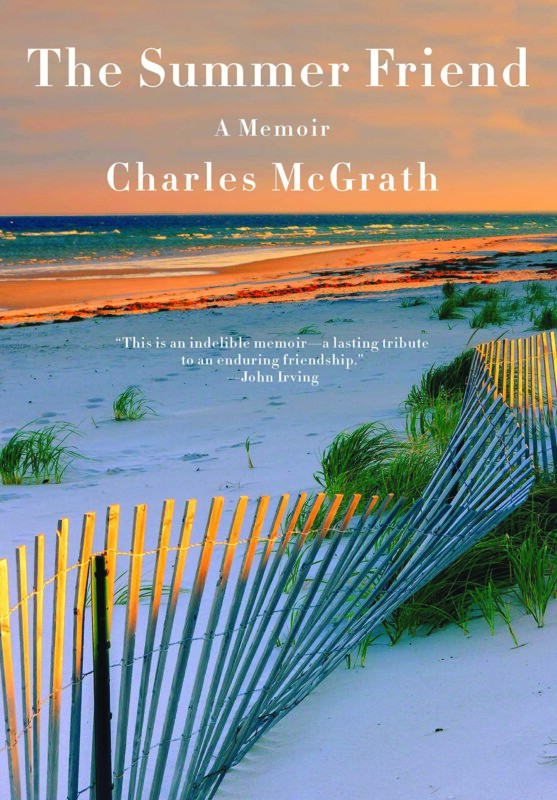Babysitter, by Joyce Carol Oates (Knopf, 448 pages)
My desire to read books about abduction and murder of children was never strong even before I had children of my own. After becoming a parent, I wondered how anyone could.
As such, I wasn’t sure if I could get through even two chapters of the long-awaited novel from Joyce Carol Oates, which is built around a serial killer who specialized in children. Dubbed the “Babysitter,” because he abducted children between the ages of 11 and 14 who were neglected and unattended, the killer murdered five children near Detroit, Michigan, when the novel opens in 1977.
The victims speak collectively to reveal details: “When we died, our bodies were carefully bathed, the smallest bits of dirt removed from every crevice of our bodies and from beneath our (broken) fingernails, and the fingernails cut with cuticle scissors; rounded and even, as our hair was washed with a gentle shampoo, combed and neatly parted in such a way to suggest that whoever had so tenderly groomed us postmortem had not known us ‘in life’.”
Even as we may want to run screaming from what came before and what will surely come after, we cannot.
Joyce Carol Oates didn’t become one of America’s most celebrated writers for lack of talent, and with that horrific opening, she glides seamlessly into what at first seems an unconnected story: The budding affair between a wealthy housewife in Far Hills, Michigan, and a man she met only briefly at a fundraiser.
Hannah Jarrett is 39, beautiful, privileged, vapid, taught by her parents to prize elegance, simplicity and taste: “Never take a chance of appearing common” is a mantra to which she clings. Her life and her marriage somewhat resembles that of Don and Betty Draper in Mad Men — outwardly perfect, if vaguely hollow, with picture-perfect children, a girl and a boy. Unlike Betty Draper, Hannah Jarrett has a live-in housekeeper, who, despite Hannah’s belief that she is an attentive mother, seems to do a significant amount of the mothering in the household.
When Hannah is contacted by the man with whom she shared an electric moment at a charity event, she decides to meet him at an elegant downtown hotel, enabled by her husband’s business trip and the housekeeper, who will be with the children no matter how late Hannah returns.
On the drive to the hotel Hannah tells herself a reassuring story: she’s only going to satisfy her curiosity, to feel beautiful and desired for an afternoon; she won’t break any vows, but will have a satisfying and fulfilling conversation with the man in the hotel bar about their mutual and ultimately thwarted desires.
That, of course, is not what happens. In her skillful narrative, Oates makes Hannah’s drive to the hotel, and even the ride up the elevator to the man’s suite, suspenseful and chilling. It is a drama seemingly completely unconnected to the “babysitter” killings, but also, we know, somehow entwined. Moreover, there are hints of future — or are they past? — events that push their way into the telling, making it unclear if what happens on any given page is, as Ebenezer asked of the Ghost of Christmas Yet to Come, things that definitely happened or things that simply could happen.
The dynamic between Hannah and her Manila-born housekeeper, Ismelda, is polite, but fraught, as perhaps all housekeeper/employer relationships are. Hannah is both grateful and resentful of the help, and at times the similarities between “the Babysitter,” serial killer, and the babysitter/nanny/housekeeper are a bit heavy-handed. While Hannah’s children, we are led to believe, are not neglected in the way that the Babysitter’s victims are, their mother’s deficiencies are revealed in her interactions with her housekeeper.
Coming home distracted after a tryst, Hannah is so consumed by her fantasy life (“I have a lover!”) that she is unaware that her daughter is gravely ill until the housekeeper apologetically wakes her. While in no way evil or even deeply unlikeable — she is much too bland a person for that — Hannah is not a sympathetic character, even though her upbringing was in many ways troubled. Which is why it’s a shock to so quickly care so much about what happens to her and her family.
When Oates writes, “Despair of women, that men are unknown to them, essentially,” she speaks not only of the overt monsters but also of the hidden lives of husbands and friends. But women, too, have parts unknown to others and also to themselves, as Hannah learns as she is drawn deeper into a relationship despite the frantic screaming of conscience.
Babysitter is no cheap thriller but offers sharp cultural commentary on racism, class, religion and modern-day parenting. Give all the credit to Oates, who has crafted a finely tuned horror story that, like the film Fatal Attraction, is all the more horrific because of its placid suburban setting. A
Book Events
Author events
• DONALD YACOVONE will discuss his new book Teaching White Supremacy: America’s Democratic Ordeal and the Forging of Our National Identity on Thursday, Sept. 29, at 7 p.m. at Gibson’s Bookstore (45 S. Main St., Concord, 224-0562, gibsonsbookstore.com).
• STEPHEN PULEO visits the Nashua Public Library (2 Court St., 589-4600, nashualibrary.org) on Sunday, Oct. 2, at 2 p.m. to discuss his book Dark Tide: The Great Boston Molasses Flood of 1919. Registration is required.
• RENEE PLODZIK, Concord author, visits Gibson’s Bookstore (45 S. Main St., Concord, 224-0562, gibsonsbookstore.com) on Thursday, Oct. 6, at 6:30 p.m. to present her cookbook Eat Well Move Often Stay Strong.
• MARGARET PORTER presents The Myrtle Wand at Gibson’s Bookstore (45 S. Main St., Concord, 224-0562, gibsonsbookstore.com) on Wednesday, Oct. 12, at 6:30 p.m.
• JOSH MALERMAN, horror novelist, will be at Gibson’s Bookstore (45 S. Main St., Concord, 224-0562, gibsonsbookstore.com) to present his newly released bookDaphne on Thursday, Oct. 13, at 6:30 p.m.
• JOHN IRVING The Historic Music Hall Theater (28 Chestnut St., Portsmouth, 436-2400, themusichall.org) will host novelist and Exeter native John Irving to present his newest release, The Last Chairlift, at the Music Hall on Tuesday, Oct. 18. Tickets are $49 and include a book voucher.
• LYNN LYONS, psychotherapist and anxiety expert, returns to Gibson’s Bookstore (45 S. Main St., Concord, 224-0562, gibsonsbookstore.com) on Wednesday, Nov. 16, at 4:30 p.m. with The Anxiety Audit: 7 Sneaky Ways Anxiety Takes Hold and How to Escape Them.
• JOSH FUNK & KARI ALLEN Children’s authors Josh Funk and Kari Allen present their newest books, The Great Caper Caper: Lady Pancake & Sir French Toast Book No. 5 and Maddie and Mabel Take the Lead, atGibson’s Bookstore (45 S. Main St., Concord, 224-0562, gibsonsbookstore.com) on Saturday, Nov. 19, at 11 a.m.

